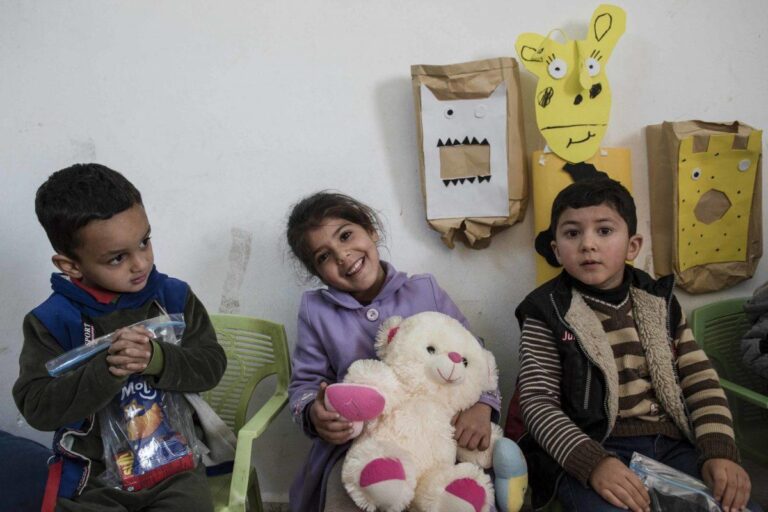Introduction
In Jordan, the intersection of disability and poverty presents a significant challenge for many citizens. Political actions can significantly influence the lives of individuals with disabilities. Understanding these actions is crucial for fostering a more inclusive society.
1. Legislation Mandating Accessibility
The Jordanian government has taken steps to enhance accessibility for individuals with disabilities. The enactment of laws promoting accessible public spaces is essential. These legislative changes are aimed at ensuring that all citizens, regardless of their physical abilities, can participate in society fully.
Impact on Employment
Accessibility laws are particularly vital for creating job opportunities for people with disabilities. By ensuring that workplaces are physically accessible, these laws help integrate people with disabilities into the workforce. This integration not only fosters economic independence but also reduces poverty rates among affected individuals.
2. Social Welfare Programs
Social welfare programs in Jordan have become crucial for supporting individuals with disabilities living in poverty. These programs aim to provide financial assistance to vulnerable populations. The role of government in funding these initiatives is vital for their success and sustainability.
Challenges to Implementation
Despite the positive intentions behind welfare programs, implementation often faces significant challenges. Insufficient funding and bureaucratic inefficiencies hinder the effectiveness of these programs. Ensuring that assistance reaches those in need remains a priority for advocates and policymakers alike.
3. Advocacy for Rights and Representation
Advocacy groups are integral in pushing for the rights of individuals with disabilities in Jordan. Political action driven by advocacy can lead to better representation of disabled persons in government policies. This representation is crucial for addressing the unique challenges faced by this community.
Collaboration with International Organizations
International organizations play a key role in supporting local advocacy efforts. Collaboration with these entities can bring additional resources and awareness to disability issues. Such partnerships help amplify the voices of disabled individuals, ensuring their needs are prioritized in policy discussions.
Conclusion
The intersection of disability and poverty in Jordan cannot be overlooked. Political actions — from legislation to social programs — have profound implications for those affected. For more detailed insights into the complexities of disability and poverty in Jordan, visit this resource.

